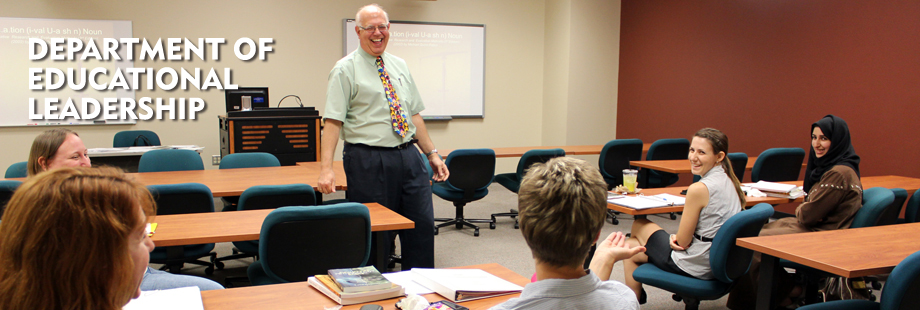Document Type
Article
Publication Date
2021
Publication Source
Journal of Cases in Educational Leadership
Abstract
Teaching is one of the most stressful occupations in the U.S (Gallup, 2014). Stress affects teachers’ health and well-being, job satisfaction, job turnover, and student outcomes (Greenberg et al., 2016). Possessing and using social and emotional skills is necessary to regulate stress, maintain healthy personal and professional lives, and thrive as teachers and leaders (Jennings & Greenberg, 2009; Jennings, 2015). Social Emotional Learning (SEL) is key to human development because it is “the process through which all young people and adults acquire and apply the knowledge, skills, and attitudes to develop healthy identities, manage emotions and achieve personal and collective goals, feel and show empathy for others, establish and maintain supportive relationships, and make responsible and caring decisions” (Collaborative for Academic Social, and Emotional Learning, (CASEL), n.d, p 1). SEL includes emotional intelligence (IQ) which is the “ability to recognize and understand emotions in self and others and to use this awareness to manage one’s behavior and relationships” (Bradberry & Greaves, 2009, p.17). SEL and IQ both focus on becoming aware of emotions and emphasize building strong relationships, SEL, however, is a holistic process that centers around the whole person in relation to others. As a result, SEL can help foster equity by empowering students and adults co-create flourishing and safe schools for everyone (CASEL, n.d). SEL also offers a way for adults to reflect on how their own social and emotional competencies impact policies and practices. In this way, SEL can promote the creation of equitable and socially just schools and educational systems.
ISBN/ISSN
1555-4589
Document Version
Postprint
Publisher
Sage Publications
Volume
24
Peer Reviewed
yes
eCommons Citation
Brion, Corinne, "Building Emotionally Resilient Schools and Educators During Crises" (2021). Educational Leadership Faculty Publications. 268.
https://ecommons.udayton.edu/eda_fac_pub/268
Included in
Educational Assessment, Evaluation, and Research Commons, Educational Leadership Commons, Higher Education Administration Commons




Comments
The document available for download is the author's accepted manuscript, provided in compliance with the publisher's policy on self-archiving. Permission documentation is on file. To view the version of record, see the journal website.